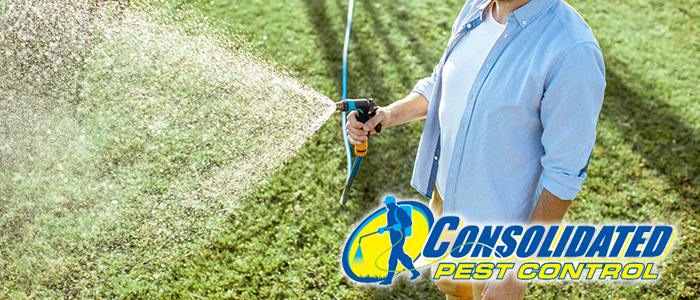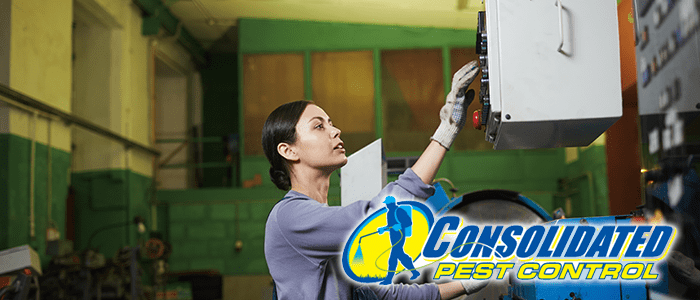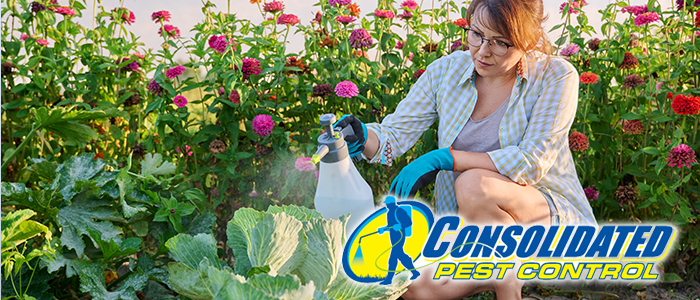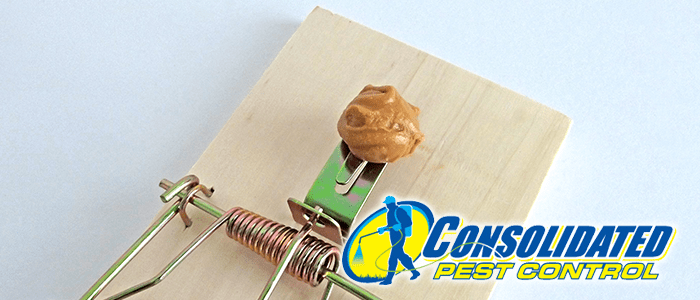
The Effects of Improper Watering: How to Keep Your Lawn and Garden Lush and Green
Are you concerned about the health of your lawn and garden? One key factor that affects their growth and appearance is watering. Improper watering can cause a whole host of problems, ranging from brown spots and wilted leaves to root damage and disease. In this post, we’ll explore the effects of improper watering on your lawn and garden, and share some tips and tricks for ensuring proper watering practices to keep your plants healthy and vibrant.
Section 1: Understanding the Importance of Proper Watering
Water is essential for all living things, including plants. It is the primary means by which plants get nutrients and oxygen from the soil. Water also helps regulate plant temperature and photosynthesis, the process by which plants make food. Without proper watering, plants can’t survive, let alone thrive.
Section 2: The Risks of Overwatering
Many people assume that more water is better for their plants, but this is not always the case. Overwatering can lead to root rot, a condition in which the roots of a plant become waterlogged and eventually decay. This can cause the plant to wilt, yellow, and even die. Overwatering can also leach nutrients from the soil, washing them away before the plants have a chance to absorb them. Furthermore, overwatering can create an environment that is ideal for pests, such as fungus gnats and mosquitoes, which thrive in moist conditions.
Section 3: The Dangers of Improper Watering – Underwatering
On the other hand, underwatering can also be harmful to plants. When plants don’t get enough water, their metabolism slows down, causing them to wilt and turn yellow or brown. This can also stunt their growth or cause them to die. Underwatering can make plants more susceptible to pests and disease, as weakened plants are easier targets for invaders.
Section 4: How to Determine How Much Water Your Lawn and Garden Need
The amount of water your lawn and garden need depends on a variety of factors, such as soil type, weather conditions, and the types of plants you have. One way to determine how much water your plants need is to do a soil moisture test. This can be done by sticking your finger about an inch into the soil. If it feels moist, you don’t need to water. If it feels dry, it’s time to water.
Section 5: Tips for Proper Watering Techniques
When watering your lawn and garden, there are several techniques you can use to ensure proper watering practices. One of the most important is to water deeply and infrequently, rather than lightly and frequently. This allows the water to penetrate deep into the soil, encouraging the roots to grow deeper and stronger. It also helps conserve water, as less water will evaporate from the surface of the soil.
Section 6: Timing Matters
Timing is also crucial when it comes to watering. The best time to water your lawn and garden is early in the morning, when the air is cool and the sun is not yet high in the sky. This allows water to soak into the soil before the heat of the day causes evaporation. Avoid watering in the afternoon, when the heat is most intense, as this can result in water loss due to evaporation.
Section 7: Tools to Help with Proper Watering
Several tools can aid in proper watering practices. Drip irrigation systems and soaker hoses allow for slow, deep watering that delivers water directly to the root zone of plants. These systems are especially beneficial for gardens and flower beds, as they reduce the amount of water that is wasted on foliage. Watering cans and garden hoses with nozzles that have an adjustable spray pattern can also help you achieve the right amount of water for your plants.
Section 8: The Benefits of Consistent Watering
Proper watering practices not only keep your plants healthy and vibrant, but they can also save you money on your water bill. By watering deeply and infrequently, you reduce the amount of water you use, which translates to lower water bills. Consistent watering also promotes stronger, healthier plants that are less susceptible to pests and disease.
Section 9: Trust the Experts at Consolidated Pest Control to Stop Improper Watering
If you’re struggling to keep your lawn and garden healthy, consider enlisting the help of the experts at Consolidated Pest Control. Our team of professionals can assess the needs of your lawn and garden and provide customized solutions that meet your specific needs. From pest control to lawn fertilization, we have the tools and expertise to ensure your plants are healthy and vibrant.








